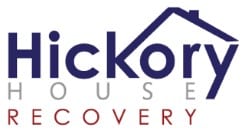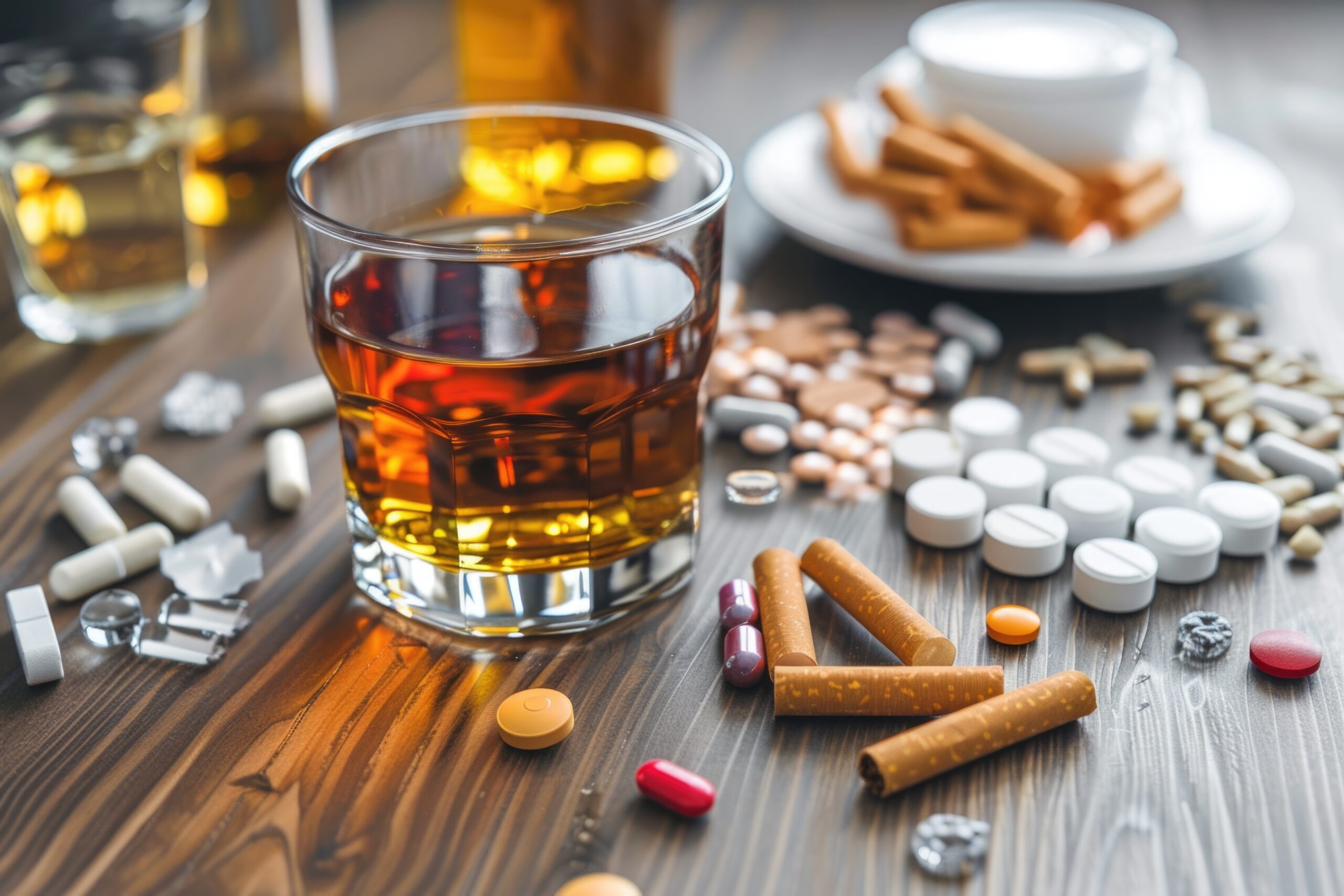The truth isn’t always easy to find … or face. Determining whether you or a loved one has a substance use disorder can be very challenging. Many people struggle to distinguish between casual use and problematic behavior. Oftentimes, even when the answer is clear, it can be met with resistance or denial. It’s a deeply personal process. However, being honest and recognizing the signs is the first crucial step toward making positive changes.
Substance use disorders aren’t defined solely by the frequency of use but by how substance consumption impacts your life. There are signs to look out for, whether you’re determining for yourself or someone you care about. Those with a substance use disorder may feel a loss of control or find it difficult to cut back or stop using, even when they’ve set intentions to do so or told themselves that it was the last time.
Check in to see how the person of concern prioritizes the substance. Losing control can lead to a significant amount of time being spent acquiring, using, or recovering from the effects of the substance. As a result, they might start to neglect other parts of their life and blow off responsibilities such as work, school, family obligations, or personal goals. Things and people that were once important will slowly take a back seat to substance use, isolating them from the people who know them the best. This is why substance use can cause tension or conflict with friends, family, or coworkers.
There may be dishonesty involved in an attempt to hide usage or the amount one is using, whether it derives from guilt or wanting to avoid scrutiny. Over time, one’s tolerance may escalate, requiring more and more of the substance to achieve the same effect. There are also physical signs of withdrawal to be aware of such as anxiety, irritability, nausea, or sweating – particularly when not using.
Perhaps the biggest sign of all is in acknowledgement of all the above and still refusing to distance oneself from what has become problematic. Despite facing negative consequences like financial, legal, health, or interpersonal issues, the person will continue to use the substance and, in fact, struggle to stop.
These signs are not always definitive proof of a substance use disorder but can serve as important indicators that a deeper issue may be at large. Taking a step back to assess behavior, perhaps your own, objectively can provide clarity. Here are a few questions you can ask yourself or think about in regard to someone else:
- Do I feel guilty about my use?
- Have others expressed concern about my habits?
- Am I using substances to cope with stress, trauma, or emotions?
- Is my health, happiness, or future being compromised?
Answering these questions honestly can obviously be difficult – especially if someone isn’t ready to face the reality of a situation or the decisions they’ve made. However, it is vital in determining whether your relationship with substances is problematic. If you suspect you or someone in your life may have a substance use disorder, it’s essential to take proactive steps toward addressing it sooner than later.
Getting a professional involved is first and foremost. Reach out to a healthcare provider, therapist, or addiction specialist for an assessment or help in putting together an intervention. Professionals can help determine the severity of a situation and recommend an appropriate plan and treatment options.
As far as treatment is concerned, there are different paths to navigate and what works is different for everyone. Depending on the severity of the issue, options may include therapy, support groups like Alcoholics Anonymous or Narcotics Anonymous, outpatient programs, or residential treatment centers.
Education is crucial. Understanding substance use disorders, their effects, and treatment methods can empower you to make informed decisions about the recovery journey, whether it’s your own journey or someone else’s. Knowledge is power. So is a support network. Surround yourself with people who encourage and support your goals. Trusted friends, family members, or recovery groups can provide accountability and motivation.
Never forget that recovery is a process, not an instant fix. Be gentle with yourself, the people you care about, and those who are supporting you along the way. Goals need to be manageable so that they don’t become overwhelming or triggering. Start with small, achievable objectives like reducing use, attending therapy sessions, or connecting with a sponsor.
Most importantly, recognizing a potential substance use disorder is not a sign of failure – it’s an act of courage and self-awareness. By addressing the problem and taking those first steps toward recovery, you’re choosing a healthier, more fulfilling future. No matter how daunting the journey may seem, help is available, and change is always possible.
If you are struggling with substance use disorder, we can help. Please call our compassionate team at 800-604-2117. We are available 24 hours a day, 7 days a week for a confidential, no-obligation consultation. We will answer all your questions, help you navigate your insurance and get you on the path to recovery.

